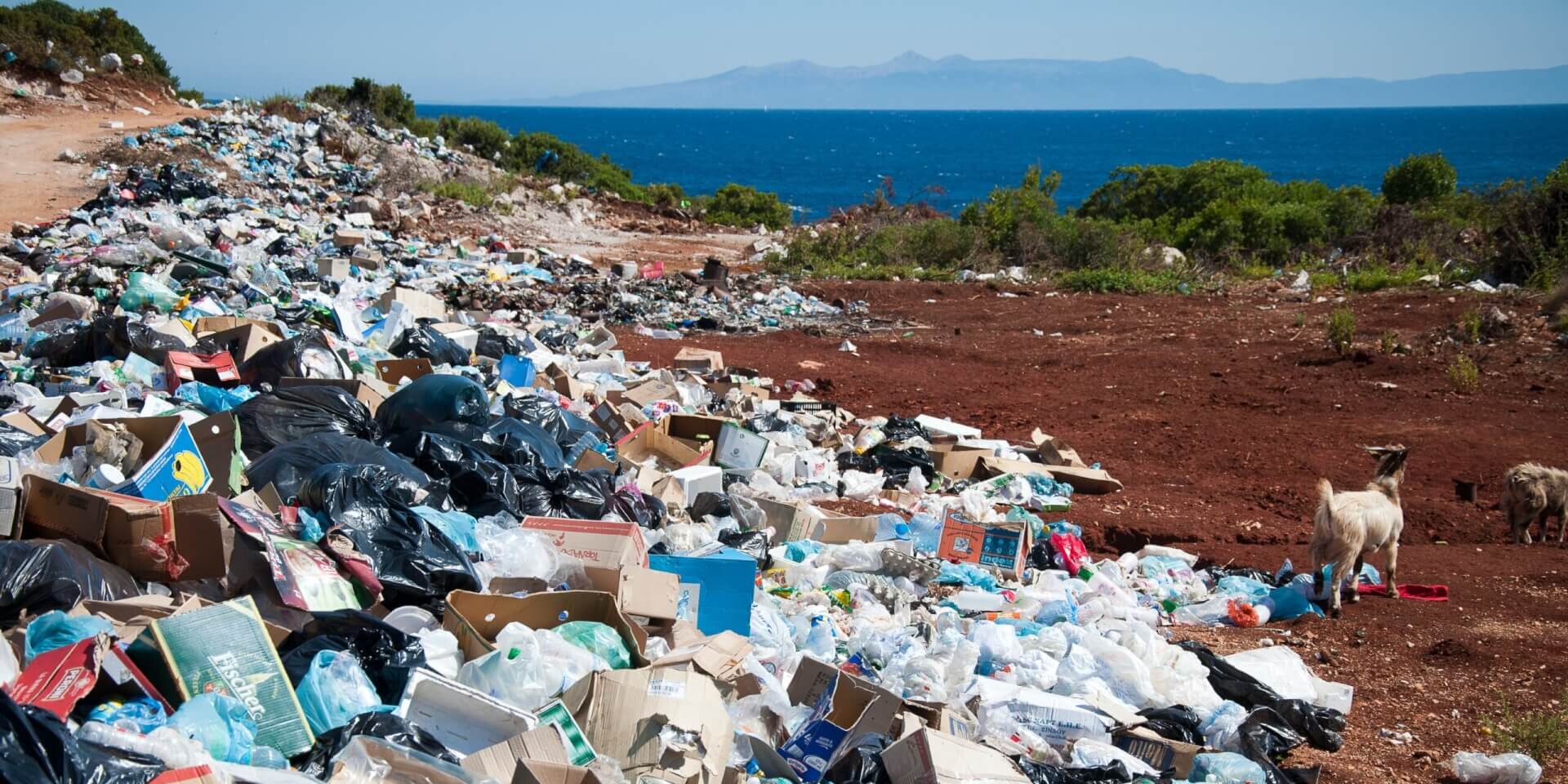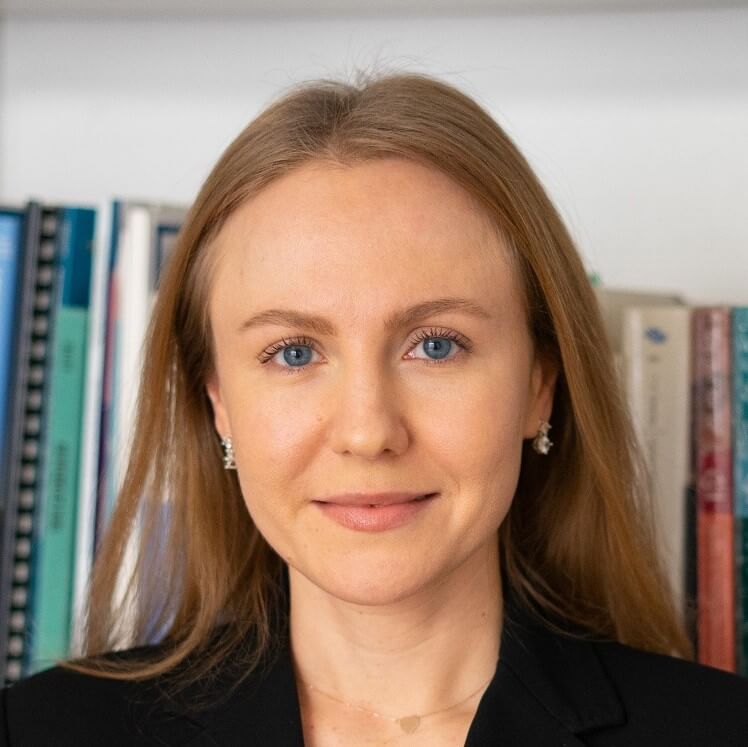
The ISC is actively working to strengthen the role of science in key global policy processes and bring scientific evidence from across all the disciplines in deliberations and decision-making to address global complex challenges. Recently, the ISC has been actively engaged in the ongoing negotiations of an international legally binding instrument on plastic pollution, including in the marine environment, to ensure that the international instrument is backed up by the latest and best available scientific evidence.
In March 2022, at the resumed fifth session of the UN Environment Assembly (UNEA-5.2), a resolution was adopted to develop an international legally binding instrument on plastic pollution, including in the marine environment. The legally binding instrument is expected to be based on a comprehensive approach that addresses the full life cycle of plastic, including its production, design, and disposal, and to facilitate access to technology, capacity building, and scientific and technical cooperation among Member States.
Subsequently, an Intergovernmental Negotiating Committee (INC) was established to develop the instrument in the second half of 2022 with the ambition of completing a draft global legally binding agreement by the end of 2024. Two negotiation meetings took place to date, with the third one (INC-3) planned for mid-November 2023. A zero-draft text of the instrument was recently published.
The ISC Secretariat mobilized experts within the ISC membership, affiliated bodies, and broader networks, from across the natural and social sciences, to take part in the two negotiation sessions that took place to date, i.e. INC-1 and INC-2. The experts have contributed to discussions by coordinating and delivering statements at negotiating sessions, coordinating roundtables and discussions relating to science-policy matters for the treaty, as well as side events.
The objective of the ISC engagement is threefold:
The ISC is seeking nominations of experts from the networks of its Members and affiliated bodies with the aim to strengthen the contribution of the scientific community to the current negotiation process and to advance integrated knowledge and solutions. The ISC seeks to constitute an expert group from within its membership to engage in the negotiation process, as well as a pool of experts working on different aspects of plastic pollution to be able to respond to requests for scientific inputs from the United Nations and Member States.
The ISC expert group on plastic pollution will be constituted of approximately 15 experts who will be tasked to support the engagement of the ISC in INC meetings and intersessional work; coordinate or participate in side events and technical webinars; develop written inputs, i.e. policy briefs, factsheets, technical reports; develop and deliver statements at formal meetings; and provide advice and/or respond to requests from Member States, INC Secretariat, and UNEP relating to needs in terms of scientific inputs. Previous examples of similar expert inputs coordinated by the ISC into relevant UN processes are the UN 2023 Water Conference, the independent scientific review of the Global Sustainable Development Report 2023 and the ISC contribution to the Midterm Review of the Sendai Framework for Disaster Risk Reduction.
The ISC secretariat is therefore seeking experts encompassing a broad spectrum of ages, genders, geographical and disciplinary diversity across the natural and social sciences, working on aspects related for example to safe and environmentally sound plastic waste management, micro- and nanoplastics, safe and sustainable alternative to plastics and substitutes, chemicals and polymers of concern, environmental and human health impacts, economics and governance dimensions of plastics with a focus on the circular economy principles. We welcome expertise on science-policy issues related to plastics at different scales from local to global, modelling transition pathways and phasing out, as well as perspectives that focus on gender and indigenous considerations.

Should you have any questions, please contact Anda Popovici ([email protected]).
Creation of a Group of Friends on Science for Action at the UN
15 April 2023, New York – Sizable developments are underway for improved scientific support of decision-making at the global level through the UN General Assembly Briefing on Science-Based Evidence for Sustainable Solutions, and the launch of the Group of Friends on Science for Action at the UN.
Photo by Antoine GIRET on Unsplash